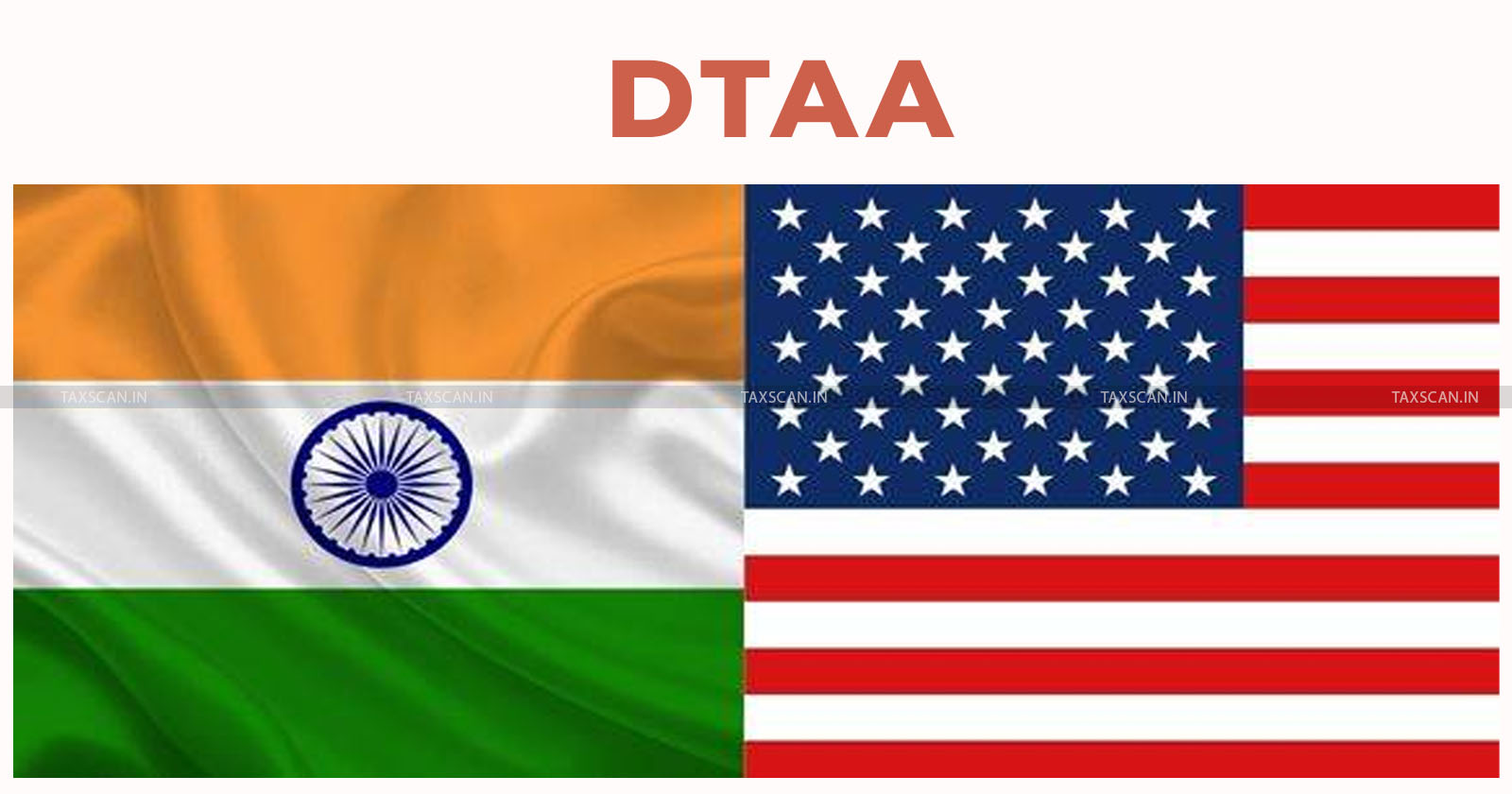Once Assessee Discharges Onus u/s 68, Burden of Proof Shifts to Revenue: ITAT rules Double Taxation Unsustainable in Steel Manufacturer’s Case [Read Order]
The Tribunal relied upon several evidentiary documents, including the audited financial statements and copies of Forms 1 to 5 under the Vivad se Vishwas Scheme.
![Once Assessee Discharges Onus u/s 68, Burden of Proof Shifts to Revenue: ITAT rules Double Taxation Unsustainable in Steel Manufacturer’s Case [Read Order] Once Assessee Discharges Onus u/s 68, Burden of Proof Shifts to Revenue: ITAT rules Double Taxation Unsustainable in Steel Manufacturer’s Case [Read Order]](https://images.taxscan.in/h-upload/2025/10/16/2097178-double-taxation-taxscan.webp)
The bench of the Income Tax Appellate Tribunal, Raipur, held that once the assessee had discharged the primary onus under Section 68 of the Income Tax Act, 1961, by furnishing documentary evidence to establish the identity, creditworthiness, and genuineness of the share applicants, the Assessing Officer (AO) was obligated to conduct independent verification before drawing any adverse inference. Therefore, the ITAT deleted the addition of ₹11,54,65,000 made under Section 68 on account of unexplained share capital and premium.
The appellant, Balajee Loha Pvt. Ltd., a company engaged in the manufacturing and trading of steel products, had filed its return of income for Assessment Year 2014-15 declaring nil income. The AO, however, made an addition of ₹11,54,65,000 under Section 68 of the Income Tax Act, 1961, and a further ₹1,59,401 towards unverifiable expenses, observing that the share capital and premium received from two companies, Giriraj Infotech Pvt. Ltd. (formerly Vizcom Solutions Pvt. Ltd.) and Wave Promoters Pvt. Ltd., were not genuine as both entities had negligible income and no significant business activity.
The AO concluded that the funds received represented accommodation entries and treated the same as unexplained cash credits. On appeal, the Commissioner of Income Tax (Appeals) [CIT(A)], Delhi deleted the addition, observing that the assessee had produced sufficient material to substantiate the genuineness of the transactions and the source of investment in both cases.
Represented by Amit M. Jain, and Bikram Jain, the assessee contended that all primary evidence such as PAN, incorporation documents, audited financial statements, income tax returns, bank statements, share application forms, and valuation certificate under Rule 11UA were duly submitted. It was argued that Giriraj Infotech Pvt. Ltd. had raised share capital of ₹.23,21,54,000 in AY 2011-12, which had already been brought to tax under the Vivad se Vishwas Scheme, thereby eliminating the possibility of treating it again as unexplained income in the assessee’s hands.
 Also Read:Salary Earned for Services Rendered in the U.S. Not Taxable in India: ITAT directs AO to Verify TRC and Grant DTAA Relief [Read Order]
Also Read:Salary Earned for Services Rendered in the U.S. Not Taxable in India: ITAT directs AO to Verify TRC and Grant DTAA Relief [Read Order]
Concerning Wave Promoters Pvt. Ltd., the investment was sourced from loan repayments by Hanuman Loha Pvt. Ltd. and Balajee Steels, both supported by bank statements and confirmations. It was further contended that the AO failed to exercise powers under Sections 131 or 133(6) to verify the investors’ details and merely relied on assumptions.
Represented by S. L. Anuragi, the Revenue argued that the CIT(A) failed to appreciate the findings of the AO, who had made a well-reasoned addition under Section 68 of the Income Tax Act, 1961, after analyzing the nature of the share application money received and the financial standing of the investor companies. It was contended that the transactions were structured to introduce unaccounted funds in the guise of share capital and premium.
It was submitted that the AO had thoroughly examined the bank statements, income tax returns, and financial records of Giriraj Infotech Pvt. Ltd. and Wave Promoters Pvt. Ltd., and it was evident that these entities lacked genuine financial capacity to invest substantial sums amounting to ₹11,54,65,000 in the assessee company.
It was argued that both investor companies had declared negligible income of ₹19,860 and ₹10,860 respectively for the relevant year, which clearly demonstrated their lack of creditworthiness. It was further submitted that these companies were originally based in Kolkata and had subsequently shifted their registered offices to Raipur, coinciding with changes in directorship, wherein individuals from the Balajee Group had replaced the earlier directors, thereby revealing a clear pattern of control and association between the assessee and the investing entities.
 Also Read:ITAT Partly Remands ₹3.25 Cr Share Premium Addition u/s 68 to Verify Claim of Double Taxation [Read Order]
Also Read:ITAT Partly Remands ₹3.25 Cr Share Premium Addition u/s 68 to Verify Claim of Double Taxation [Read Order]
The Bench comprising of Ravish Sood, Judicial Member and Arun Khodpia, Accountant Member observed that the assessee had provided comprehensive documentation to establish the identity of the investors and the genuineness of the share application money, while the AO had failed to conduct any independent inquiry or verification to rebut the assessee’s evidence.
The Tribunal held that when the assessee has discharged its onus under Section 68, the burden shifts to the Revenue to disprove the same, and failure to do so renders the addition unsustainable. The Tribunal further noted that since the source of the share capital had already been taxed in the investors’ hands under the Vivad se Vishwas Scheme, taxing it again in the assessee’s hands would amount to double taxation.
The Bench held that when the “source of source” of an investment is clearly explained and supported by credible documentation, the Revenue cannot disregard such evidence based on suspicion or conjecture. Therefore, the Tribunal ruled that the AO’s addition of ₹11.54 crore was based on general assumptions about money-laundering practices without any specific evidence linking the transactions to unexplained income.
Accordingly, the Tribunal dismissed the Revenue’s appeal and sustained the order of the CIT(A).
Support our journalism by subscribing to Taxscan premium. Follow us on Telegram for quick updates


